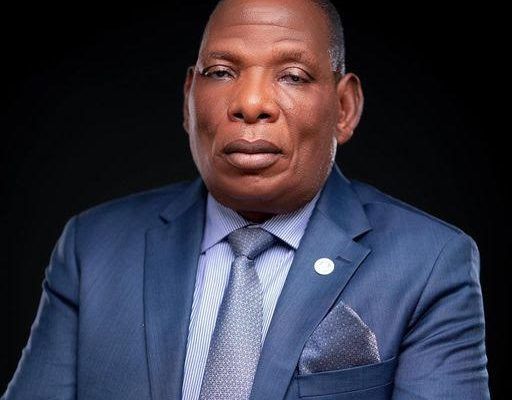By Burnett Munthali
The High Court of Malawi’s Financial and Economic Crimes Division, sitting in Lilongwe, has delivered a precedent-setting judgment by permanently discharging former Finance Minister Joseph Mwanamvekha in a case involving alleged misreporting to the International Monetary Fund (IMF).
At the heart of the matter was a US$350 million loan obtained from Afreximbank by the Reserve Bank of Malawi during Mwanamvekha’s tenure as Finance Minister.
The state had alleged that the loan had been misreported to the IMF, constituting a serious breach of financial integrity and transparency standards required by international lending institutions.

Justice Redson Kapindu, a respected jurist known for his meticulous reasoning, presided over the case and ultimately ruled in favor of the defense.
He held that the state had failed to bring forth any credible or direct evidence implicating Mwanamvekha in the alleged financial misrepresentation.
This ruling follows a drawn-out legal saga that began in 2022 when Mwanamvekha was arrested alongside three other senior public finance officials.
Though the case was initially dismissed in 2024 due to the state’s failure to satisfy the burden of proof, it was subsequently re-opened, signaling the prosecution’s continued belief in the merit of the charges.
Despite this, the court has now definitively closed the chapter for Mwanamvekha, affirming his acquittal and permanently discharging him from the proceedings.
The ruling is widely seen as a litmus test for the judiciary’s independence in politically sensitive cases involving high-profile figures.
In response to the verdict, lead defense counsel Kalekeni Kaphale—a former Attorney General and Senior Counsel—described the decision as a victory for the principles of justice and due process.
He argued that the case had highlighted the dangers of pursuing prosecutions absent solid and persuasive evidence.
Kaphale further stated his intention to seek a similar discharge for another of his clients, former Secretary to the Treasury Cliff Chiunda, who remains among the accused.
According to Kaphale, Chiunda’s position was primarily administrative, and he was neither the author nor the approving authority of the data or decisions that formed the basis of the IMF misreporting allegations.
With Mwanamvekha now cleared, the remaining defendants—Chiunda, Henry Mathanga, and former Reserve Bank Governor Dalitso Kabambe—continue to face legal scrutiny.
All three were similarly arrested in connection with the Afreximbank loan and accused of orchestrating or facilitating the submission of inaccurate data to the IMF.
Their next court appearance is scheduled for June 4th and 5th, 2025, with proceedings likely to be closely followed by stakeholders in Malawi’s governance and financial sectors.
Legal analysts suggest that the outcome of Mwanamvekha’s case may influence the direction and public perception of the remaining prosecutions.
The acquittal also reignites debate surrounding the use of prosecutorial discretion and whether political motivations play a role in high-level financial crime investigations.
There are growing concerns that some cases may be initiated or pursued more for their symbolic value than for their legal merit.
This raises broader questions about the state’s capacity to marshal sufficient investigatory resources when dealing with complex financial crimes involving powerful individuals.
Critics argue that premature arrests and weak prosecutions not only damage reputations but also undermine public confidence in the justice system.
Conversely, the court’s ruling demonstrates judicial restraint and a commitment to legal standards, reinforcing the idea that courts must be guided by facts and not public pressure.
The judgment is also a reminder that in criminal law, the burden of proof lies squarely on the prosecution, and failure to meet this threshold must result in an acquittal, regardless of the political climate.
In the broader context of Malawi’s governance landscape, this case underscores the tension between anti-corruption efforts and the safeguarding of individual rights and fair trial guarantees.
As the cases against Chiunda, Mathanga, and Kabambe progress, public attention will be fixed not only on the outcomes but on the integrity of the process itself.
The acquittal of Mwanamvekha could be a turning point in the way economic crimes are prosecuted in Malawi—favoring methodical investigation over prosecutorial zeal.
It may also catalyze reforms in how cases involving international financial institutions and state borrowing are handled, ensuring that such cases are guided by financial forensics and evidence-based prosecution.
Ultimately, the ruling reaffirms the judiciary’s role as a bulwark against arbitrary prosecutions and a guarantor of constitutional rights.
In this evolving legal environment, the Mwanamvekha ruling stands as a benchmark for judicial independence, prosecutorial responsibility, and the enduring value of the rule of law in a democratic society.


